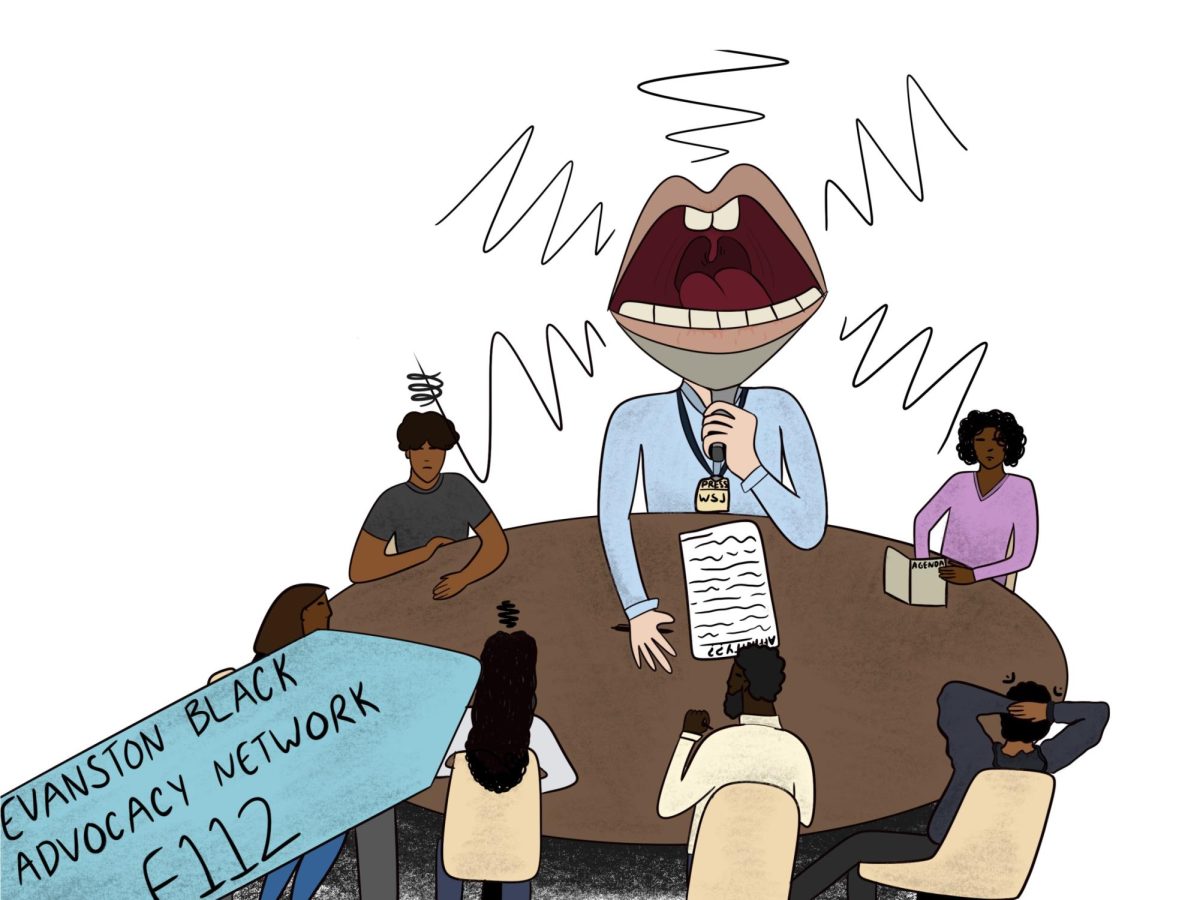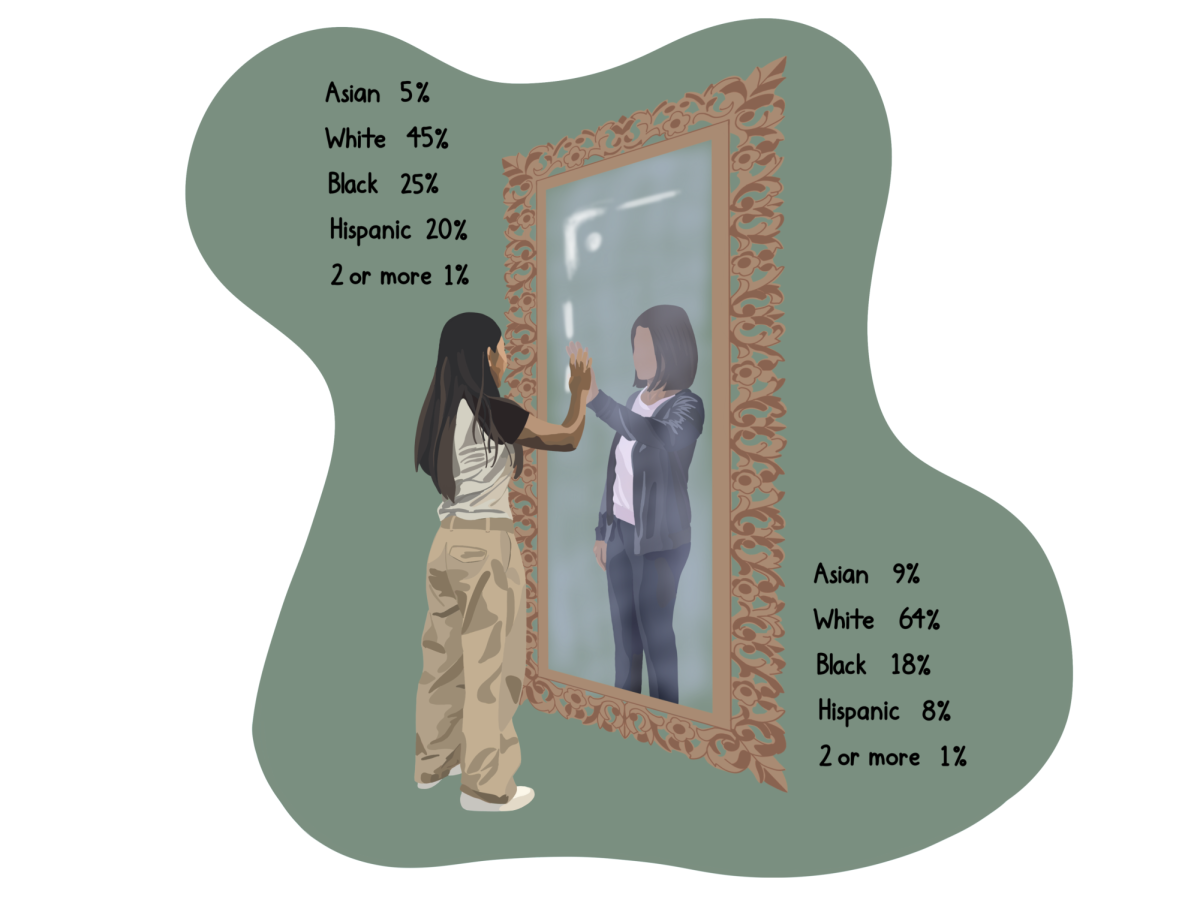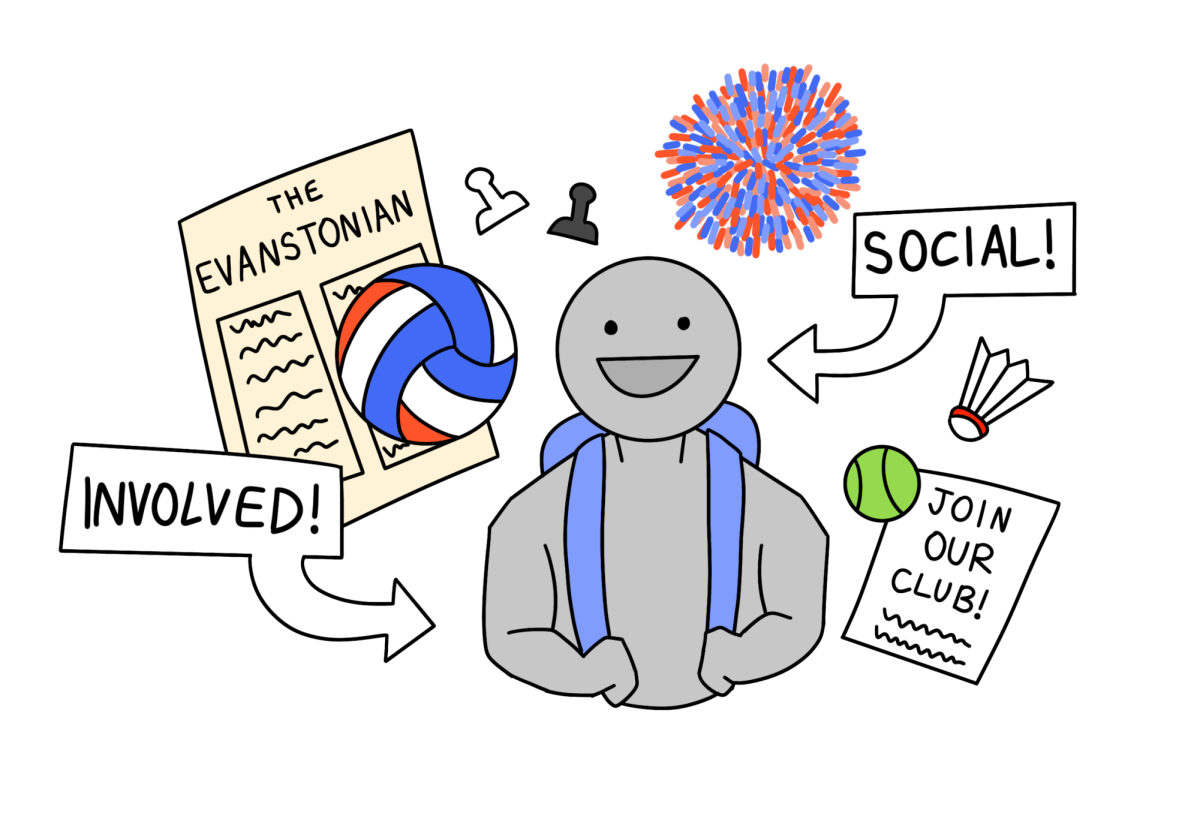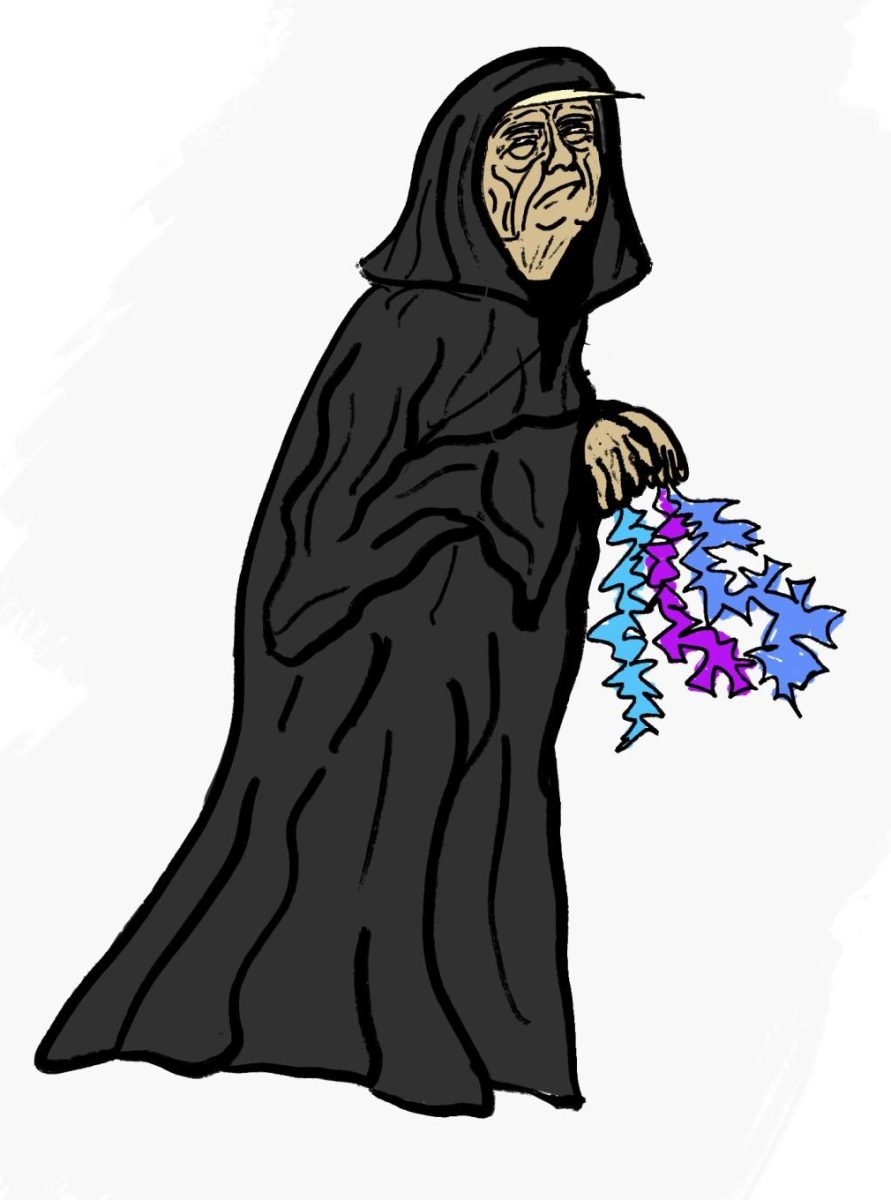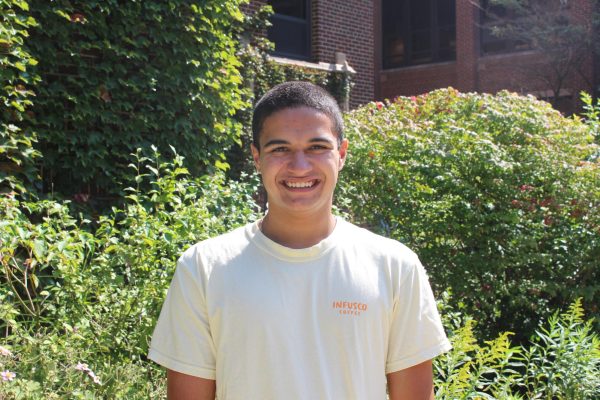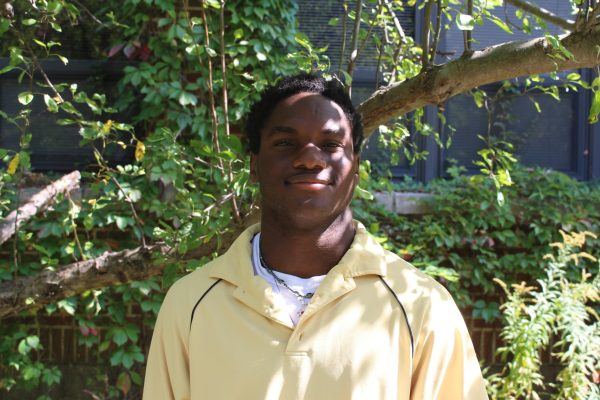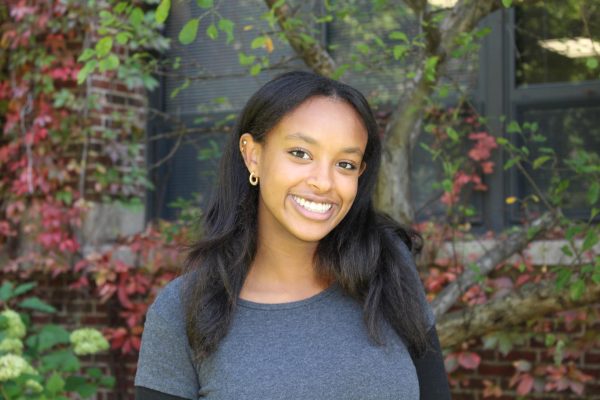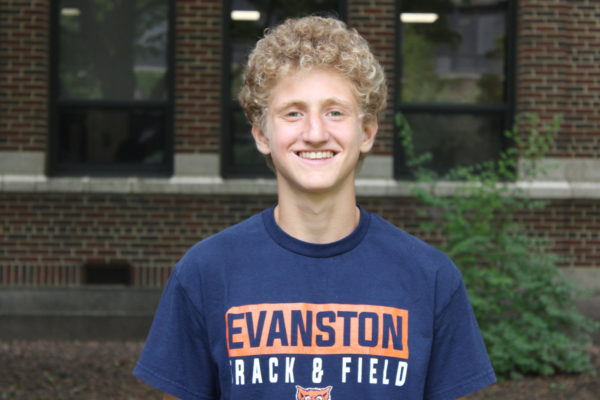It’s no new realization that ETHS needs more resources to support students with mental health needs. Since pandemic lows, the district has come a long way in giving students necessary support, but as the mental health report from ETHS Student Services showed at the Dec. 9 school board meeting, there is still an imbalanced and sometimes overloaded system to be accounted for.
Although the number of students needing mental health referrals only increased by 0.7 percent (about 15 extra students) in the past year, members of district administration highlighted the necessity of an extra hand on deck, someone who could facilitate the range of student services that the school offers.
“We need an MTSS [multi-tiered system of support] coordinator,” said Associate Principal of Student Services Mia Lavizzo. “One who is highly qualified, who understands the complexities of MTSS work and how it impacts interventions and works across the district. It isn’t a student services need, it’s a school need.”
Another key area for improvement presented at the board meeting were the racial disparities in mental health incidents. In the 2023-2024 school year, 47.2 percent of social work referrals were for Black or African American students, compared with just 37.1 percent of referrals being for white students. When compared to the district’s makeup of 23.9 percent Black students and 44.4 percent white students, the disparities are obvious.
“We see that our Black and Brown students continue to be represented in those numbers highly,” said Lavizzo.
With those issues as a baseline understanding, a program that would help outsource student mental health support seems to make a lot of sense. That’s where ReferralGPS comes into the picture—a pilot program that outsources the work of finding mental health professionals for students. The program is supposed to be simple: if a student needs mental health support, they can either go to ETHS social workers (of which there are two for each grade) and access ReferralGPS through them, or they can fill out an anonymous survey and access ReferralGPS directly.
“What’s good about [ReferralGPS] is that all of the coordination that the school would do or that the parent has had to do, ReferralGPS does it now,” said Superintendent Marcus Campbell. “It makes it really simple to see a clinician.”
Campbell also highlighted the fact that ETHS social workers cannot prescribe medicines, unlike the psychiatrists that ReferalGPS can connect students with, usually in a matter of days.
For all the good things that Referal-GPS claims to do, however, there seems to be one major downside: the potential of losing connection and community in the process. School social work is, by nature, a very community-oriented job. According to the School Social Work Association of America, “school social workers are the link between the home, school and community in providing direct as well as indirect services to students, families and school personnel to promote and support students’ academic and social success.” When some students’ needs are outsourced, some of that community is invariably lost in the process.
That’s why, as the ReferralGPS pilot program continues, the ETHS administration needs to be very methodical about data collection and transparent in sharing that data. Maybe the program will find major success, and this initial caution will have been completely unnecessary. But there is also a chance that the service isn’t used enough, or students aren’t finding it very effective, or any other reason to reexamine the decision to partner with ReferralGPS. In that case, effective communication with students and parents is a necessity. Then, hopefully, ReferralGPS will be able to “transform the landscape of mental health accessibility,” as they claim on their website.
In the end, however, regardless of impersonality or not, an overloaded system needs to be addressed, and ReferralGPS does fit that bill. A pilot program is, by definition, a temporary initiative designed to test new ideas, and those ideas must be tested if we are to make any progress and address the mental health support issues the district faces.
“School counselors, school social workers, they have the absolute will to be able to do this, but they just literally don’t have the time,” said district board member Leah Piekarz at the Nov. 12 meeting where the program was announced.
This new program will, hopefully, address that problem, and it’s our responsibility to make sure it does so transparently.



